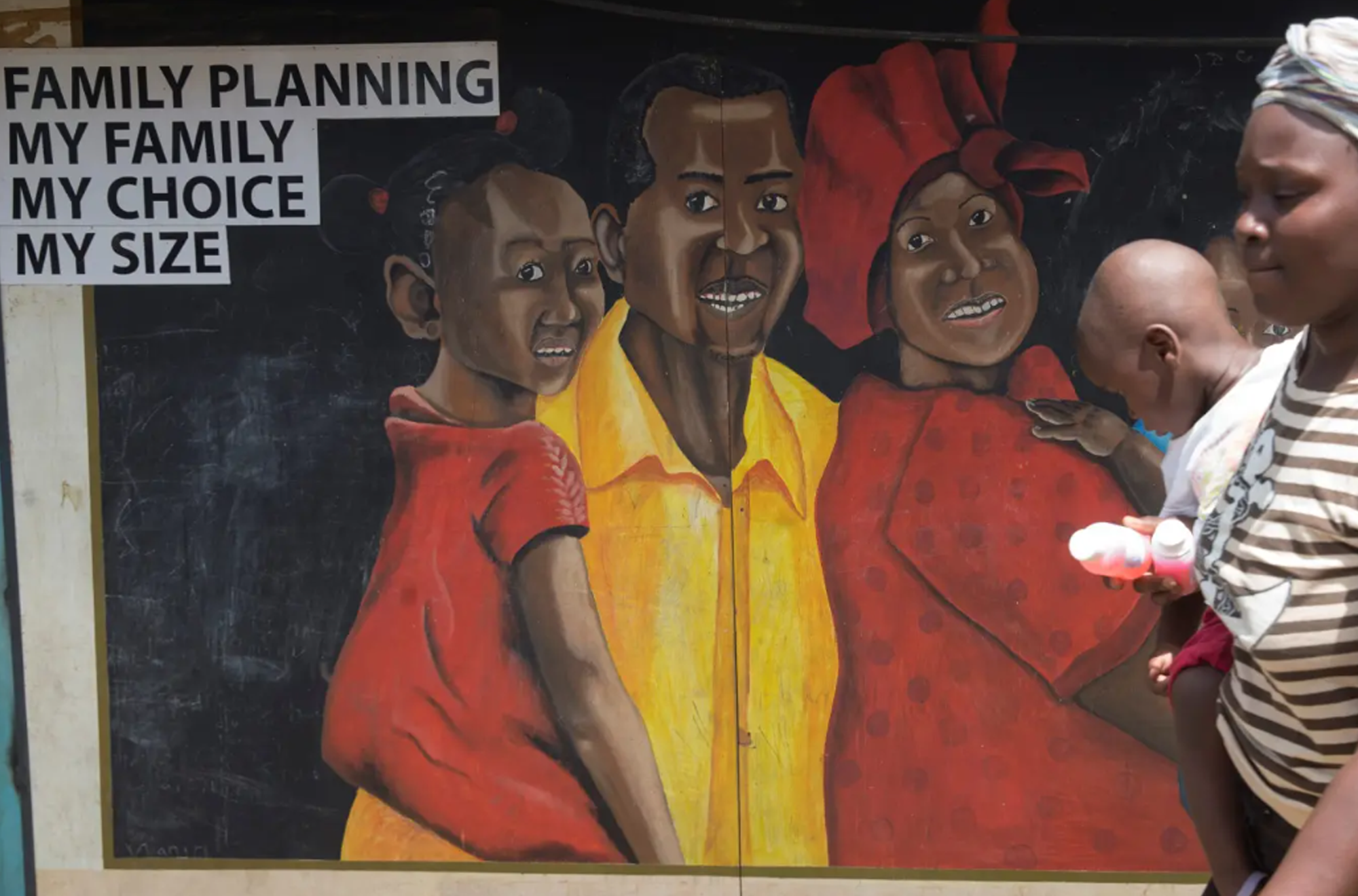
by Joe Strong
Sexual & Reproductive Health Matters 2022;24 March (Open access)
Abstract
Men’s involvement in abortion is significant, intersecting across the individual, community and macro factors that shape abortion-related care pathways. This scoping review maps the evidence from low- and middle-income countries relating to male involvement, including male abortion providers, in abortion trajectories. Five databases were searched, using search terms, to yield 7493 items published in English between 01.01.2010 and 20.12.2019. 37 items met the inclusion criteria for items relating to male involvement in women’s abortion trajectories and were synthesised using an abortion-related care-seeking framework. The majority of studies were conducted in sub-Saharan Africa and were qualitative. Evidence indicated that male involvement was significant, shaping the ability for a woman or girl to disclose her pregnancy or abortion decision. Men as partners were particularly influential, controlling resources necessary for abortion access and providing or withdrawing support for abortions. Denial or rejection of paternity was a critical juncture in many women’s abortion trajectories. Men’s involvement in abortion trajectories can be both direct and indirect. Contextual realities can make involving men in abortions a necessity, rather than a choice. The impact of male (lack of) involvement undermines the autonomy of a woman or girl to seek an abortion and shapes the conditions under which abortion-seekers are able to access care. This scoping review demonstrates the need for better understanding of the mechanisms, causes and intensions behind male involvement, centring the abortion seeker within this.
From the text
Engaging men is a critical mechanism to challenge and reshape the normative environment that shapes abortion. However, it risks increasing men’s power and control by inserting them as actors into abortion trajectories. Studies among abortion-seekers have consistently referenced the role and influence of men at the structural level and the individual level. Evidence from the multi-country International Men and Gender Equality Survey (IMAGES) emphasised that men were “substantially” involved in abortion decisions if a pregnancy was disclosed, while evidence from abortion-seekers illustrates that a large proportion of women and pregnant people cite that their (male) partner was a reason for their decision to seek care. This includes the potential benefits of partner involvement within care decisions, such as emotional, material, and financial support.
Editor’s Note: The findings in this paper are comprehensive, focusing on many more roles of men involved than usual – very interesting – always important and sometimes very positive involvement.
VISUAL, by Baz Ratner/Reuters, in: Quartz Africa, 28 September 2021



